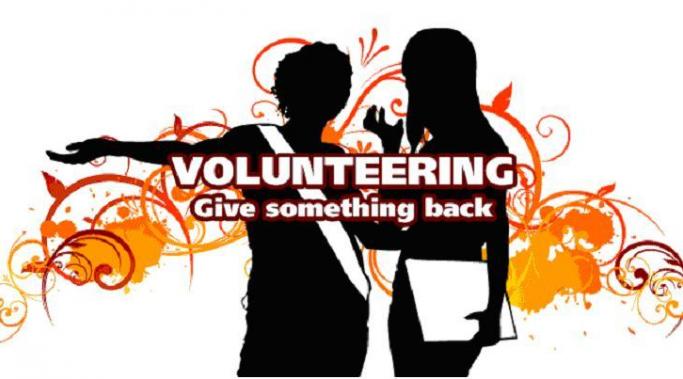I could feel the mania of my bipolar disorder begin, irritability bubbling up, about to explode, and I wanted to cry (Bipolar Mania And The Impact of Manic Symptoms). At 8:30 in the morning, my commuter parking deck on campus was already packed. Once stepping foot outside of the parking deck, the entire campus was crowded and packed with people and cars racing around the city.
I've been at this campus for ages, and this is only the third day of the fall semester. Of course it will be packed. It's time for incoming freshmen to get acclimated, explore, meet new people... Time for football (or basketball at VCU!), city festivals, and trying new restaurants... This should be exciting for me, but instead I feel the Bad Mania of my bipolar disorder coming on.
Bipolar Vida
It's that time of year again; time to put together our bipolar survival guide and head back to school. There are only a few weeks left until this fall semester and the beginning of a new school year arrives. For many of us, this little vacation has been a brief reprieve from the stress, emotions, and hard work, but it's now time to return and we all need to be mentally prepared. Here's a bipolar survival guide for your back to school stress. Take a look.
When bipolar disorder's irrational thoughts occur, how does one even begin to make friends? In public, I feel as if everyone is watching me and talking about me, or making internal judgments. I'm acutely aware of every person in the vicinity; watching their movements, noticing any eye contact, listening for whispers. Cognitively, I know that this is irrational (Co-Occurring Bipolar and Anxiety Disorders). I know that I am not the center of everyone's attention, that there is nothing wrong with my physical appearance and actions. In all reality, the majority of those people haven't even given me a second thought. But when you experience bipolar disorder's irrational thoughts, it can be difficult to make friends.
I wasn't coping with my thoughts of giving up on school very well the year before I was due to graduate. I was ready to quit school. I would sit in my therapist's office and cry at the thought of going back to campus that following Monday, and it negatively affected my mental health. I would freak out and cry at the drop of a hat, I would freeze up in class and become so jittery that I could barely sit in class.
Lately, I feel as if I've hit a roadblock in my recovery. I take my medications regularly, I go to therapy, I exercise, but I've hit a wall that I can't seem to move past (Bipolar Treatment: If I'm Doing Everything Right Why Am I Still Sick?). The other day, I received a book from a good friend of mine: Sane: Mental Illness, Addiction, and the Twelve Steps by Marya Hornbacher, and I started thinking about new things that I could incorporate in my life.
Typically, when people talk about bipolar disorder, the extent of their understanding and knowledge about the disorder is that we have our ups and downs. We become depressed, followed by an episode of mania (intense energy and ups). Many people who do not live with bipolar disorder or do not have experience with it do not understand that we live with so much more – the good and the bad.
Symptoms of bipolar disorder can make it difficult to volunteer even though giving back benefits those of us living with bipolar disorder. However, as a person living with bipolar, I often feel inadequate, hopeless, and inferior, so it's essential to find opportunities to give back that we can become passionate about and look forward to.
Between the social expectations of college and the stress of every day life that young adults face, substance use is something that many of us living with bipolar disorder often turn to (Self-Medication Of A Mental Health Problem).
Living with bipolar disorder – the drastic ups and downs, the intense emotions – can cause confusion, desperation, and hopelessness regarding what you want to do with your life. Finding your identity while living with bipolar is a rollercoaster. One minute, you're on top of the world, feeling as if anything can be accomplished, and a second later, hopelessness, despair, and inferiority take over (Living With Rapid Cycling Cyclothymia). How do you clear your mind of the “bipolar thoughts” – those automatic, obsessive intrusive thoughts that penetrate your mind? How do you see through that fog of intensity to find what it is you're meant to do? How do you find your identity when bipolar causes constant brain shifting?
Bipolar and school or university! For some, it can be like oil and water; they just don't mix.
School and university is, without a doubt, an incredibly stressful thing for adolescents and young adults to live through. There are exams and deadlines, papers and presentations, early mornings and all-nighters. These years can be especially tough for those living with bipolar disorder. The stress of school can not only trigger urges to use drugs and alcohol, but it can also trigger other things such as the urge to self-injure and to over-work oneself, which can sometimes lead to severe depression or mania, hospitalizations, and even suicide.




